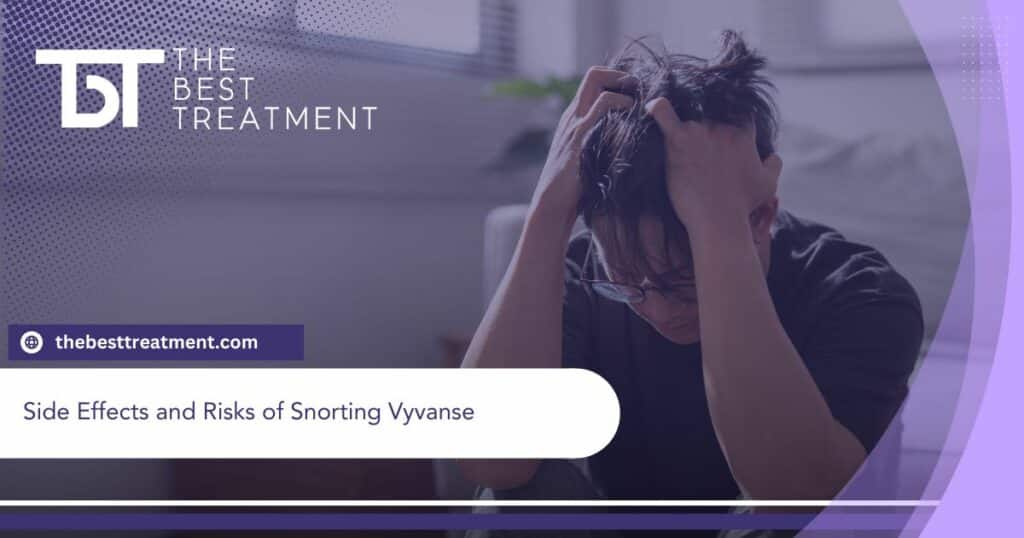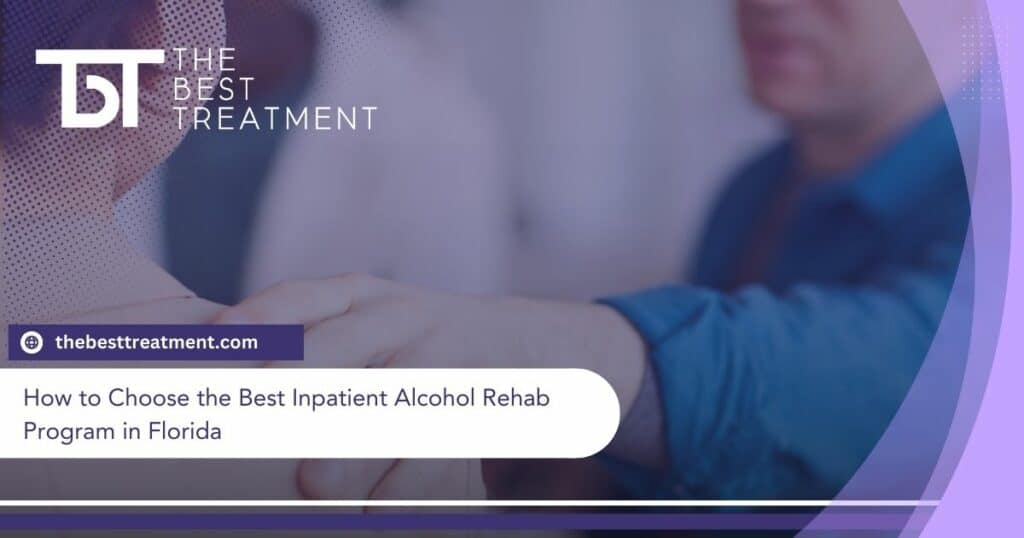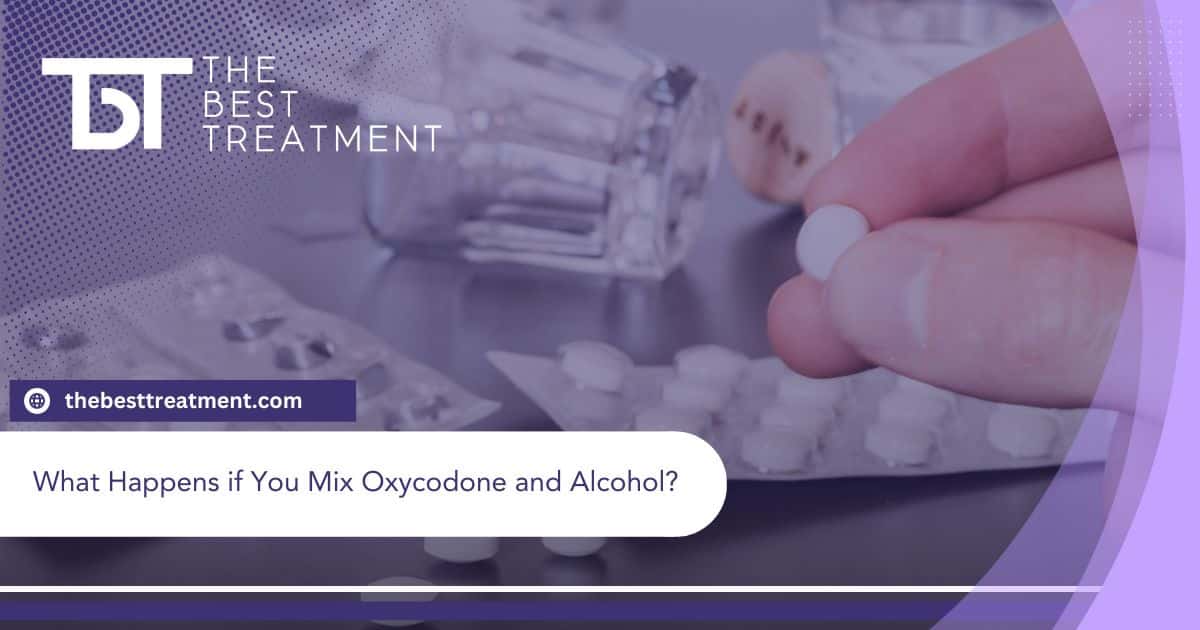Table of Contents
Oxycodone is a prescription opioid that is prescribed to treat moderate to severe pain.[1] Oxycodone abuse can lead to dependence and addiction, so it is only intended for short-term use. Still, many people abuse oxycodone to experience a euphoric and drowsy high.
Once someone has been abusing oxycodone for a while, they will become less affected by the dose they usually take. This is known as developing a tolerance. Sometimes, this causes people to begin combining it with other substances to increase the euphoric effects.
One of the most common substances to be mixed with oxycodone is alcohol. Mixing these substances can lead to a variety of dangerous effects, including increased side effects, “dose dumping,” memory loss, liver damage, and life-threatening overdoses.
Why Do People Mix Alcohol and Oxycodone?
People might begin combining alcohol and oxycodone to experience a more intense high. However, some individuals might mix them without understanding the dangers of doing so. For example, alcohol is so embedded into our society that people may not think of the interactions it can have with their prescription medications like oxycodone.
Whether you are intentionally combining alcohol and oxycodone for a more intense effect or doing so unknowingly, this mixture can become lethal very quickly. Both substances are considered central nervous system (CNS) depressants, which means they slow down the activity in your brain.[2] Taking two CNS depressants can cause CNS and respiratory depression, which can be fatal without quick medical intervention.
What Happens When You Combine Alcohol and Oxycodone?
Oxycodone and alcohol are both CNS depressants. When you combine them, the effects of each substance will increase in intensity. Not only does this put you at risk of overdosing, but it also causes damage to the liver, memory loss, and a phenomenon known as “dose dumping”.
Dangers associated with this drug combination include:
Increased Side Effects
Alcohol and oxycodone act on the brain and body in similar ways, so combining them will cause the side effects of each substance to become more intense. Symptoms like decreased heart rate, slowed breathing, lowered inhibitions, and nausea or vomiting can become exacerbated.
Dose Dumping
Oxycodone is designed to release the substance into your body over some time. This prevents the medication from affecting you all at once. When you combine alcohol with oxycodone, it can cause the entire dose to release immediately, which is known as “dose dumping”.
Unfortunately, dose dumping can quickly become life-threatening. If you do not have a high tolerance for opioids, this could cause you to experience a fatal overdose without emergency medical attention.
Blackouts or Memory Loss
The central nervous system is responsible for memory and consciousness. When you take a CNS depressant like alcohol or oxycodone, your memory will become temporarily impaired and you could even experience total blackouts.[4] However, taking it with alcohol will make this side effect even more severe.
This can be especially dangerous if you are mixing alcohol and oxycodone in a party setting, as it leaves you vulnerable to engaging in acts that you wouldn’t do while sober. Additionally, you could be taken advantage of during a blacked-out state, making it vital that you avoid this combination of substances.
Damage to the Liver
Some forms of oxycodone contain acetaminophen, an analgesic and antipyretic. While acetaminophen is safe in recommended doses, people abusing oxycodone might take large amounts of it unintentionally. In large or frequent doses, acetaminophen can lead to liver damage.[5]
When large doses of acetaminophen are combined with alcohol, the liver damage experienced can increase in severity. This is one of the many reasons you should avoid mixing oxycodone and alcohol.
Life-Threatening Overdoses
Lastly, combining oxycodone and alcohol can lead to life-threatening overdoses characterized by respiratory depression. Being aware of the signs of an alcohol and opioid overdose can help you determine whether it’s time to contact emergency medical services for yourself or a loved one.
The signs of an alcohol and oxycodone overdose include:
- Nausea and vomiting
- Severe dehydration
- Changes in blood pressure
- Irregular heartbeat
- Dizziness or loss of coordination
- Abnormal behavior or slurring of words
- Loss of consciousness
- Respiratory arrest
- Coma
If someone you love has mixed oxycodone and alcohol and becomes unresponsive, contact 911 immediately. Oxycodone and alcohol overdoses can quickly become fatal without medical intervention.
Find Help for Oxycodone and Alcohol Abuse
If you or a loved one suffers from oxycodone and alcohol abuse, it’s time to consider drug rehab. At The Best Treatment Center, we can provide you with treatment for polysubstance abuse that is passionate, empathetic, and based on your individual needs.
To learn more about our drug and alcohol rehab programs, contact us today.
References:
- The Drug Enforcement Administration (DEA): Oxycodone, Retrieved January 2024 From https://www.dea.gov/factsheets/oxycodone
- The National Cancer Institute: Definition of central nervous system depressants, Retrieved 2024 From https://www.cancer.gov/publications/dictionaries/cancer-terms/def/central-nervous-system-depressant
- The National Library of Medicine (NLM): Assessing the risk of alcohol-induced dose dumping from sustained-release oral dosage forms: in vitro-in silico approach, Retrieved January 2024 From https://pubmed.ncbi.nlm.nih.gov/29043886/
- Concord University: Policy on Drug and Alcohol Abuse Policy and Prevention Program, Retrieved January 2024 From https://www.concord.edu/wp-content/uploads/About/Important-Offices/PDF/51-drug-prevention.pdf
- The National Library of Medicine (NLM): The role of alcohol consumption on acetaminophen-induced liver injury: Implications from a mathematical model, Retrieved January 2024 From https://pubmed.ncbi.nlm.nih.gov/33333080/
Medically Reviewed: September 25, 2019

All of the information on this page has been reviewed and verified by a certified addiction professional.










